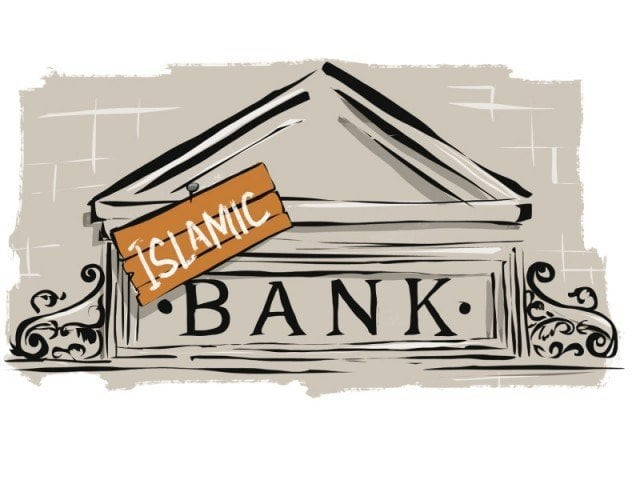Progress: Helping Islamic banks park liquidity
Shariah board of SBP approves Salam-based structure for short-term instrument.

The Islamic banking industry may have expanded swiftly in recent years, but the avenues of Shariah-compliant investments available to it remain limited.
While conventional banks can invest in an array of government-backed securities, ranging from long-term Pakistan Investment Bonds (PIBs) to short-term treasury bills (T-bills), Islamic banks and banks with Islamic window operations still lack a Shariah-compliant alternative of T-bills.
However, sources in the Islamic banking industry say significant progress has been made in creating a Shariah-compliant investment instrument that will help Islamic banks park their liquidity in the short term.
Speaking to The Express Tribune, Meezan Bank Executive Vice President Ahmed Ali Siddiqui said the Shariah board of the State Bank of Pakistan (SBP) has approved a Salam-based structure for a short-term instrument.

“The unavailability of a short-term investment instrument has been a big challenge for the industry so far. We hope the situation will soon change with the introduction of the new short-term instrument,” he said.
By definition, Islamic finance is asset-backed. Thus, the proposed product is going to be backed by petroleum imports into the country, Siddiqui said. In simple words, the government will seek funds from Islamic banking institutions to purchase petroleum products for import.
The government will settle the transaction through the proceeds of petrol sales within three to six months, he added. “This product has a potential of Rs300-Rs500 billion per year,” Siddiqui added.
The proposed instrument will not only improve Islamic banks’ liquidity management, but also create a liquid secondary market for short-term Islamic instruments.
Islamic bond market
Outstanding Ijara Sukuks, which are three-year sovereign Islamic bonds, stood at Rs322.6 billion at the end of March as opposed to the total outstanding debt of Rs5.4 trillion. This amounts to less than 6% of the country’s overall long-term debt market. Last week, the government raised Rs49.5 billion by issuing fresh Ijara Sukuks for the construction of M-3 motorway.
According to Elixir Securities Research Analyst Ujala Adnan, the recent issue of Rs49.5 billion will expand the size of the Islamic bond market by approximately 15%.
“Islamic banks and banks with Islamic deposits have faced difficulty with respect to the deployment of available funds. Owing to a shortage of structured Islamic products, most of the Islamic banks face the problem of redundant Islamic funds,” she wrote in a research note issued to clients on Monday.
She also urged the SBP to offer higher rates on Ijara Sukuks as opposed to PIBs in order to encourage investment in the Shariah-compliant segment.
The recent issue offers 7.97% rate of return, which is 200 basis points less than the current rate offered on six-month T-bills.
Published in The Express Tribune, June 24th, 2014.
Like Business on Facebook, follow @TribuneBiz on Twitter to stay informed and join in the conversation.



















COMMENTS
Comments are moderated and generally will be posted if they are on-topic and not abusive.
For more information, please see our Comments FAQ